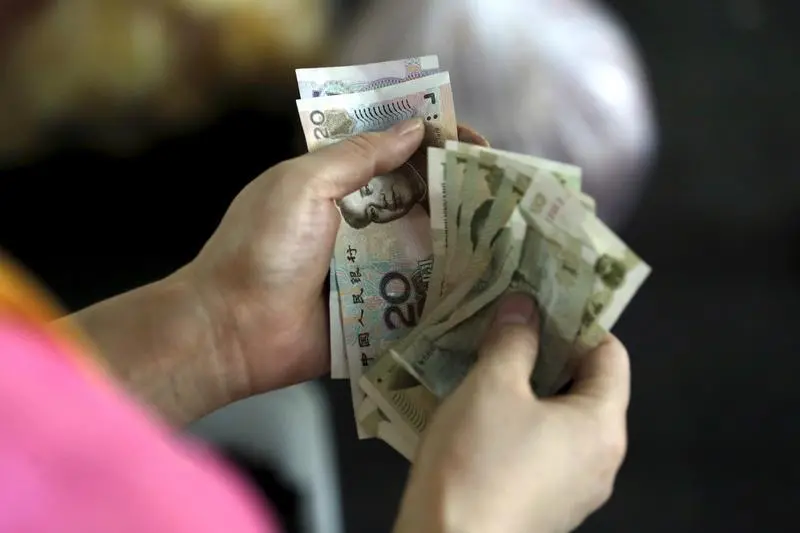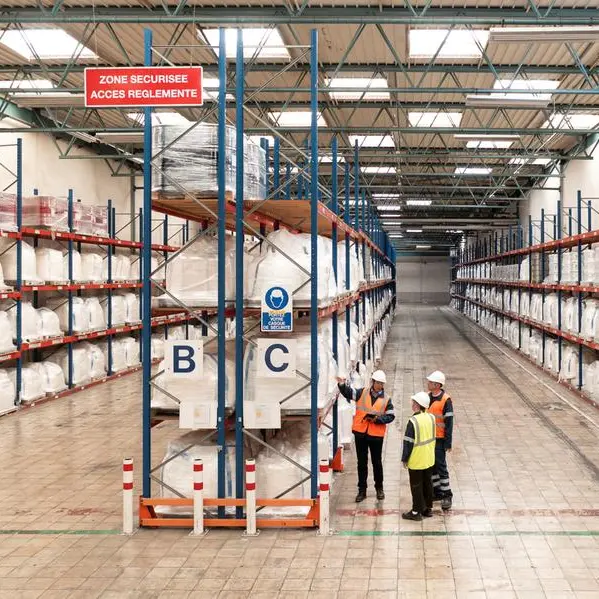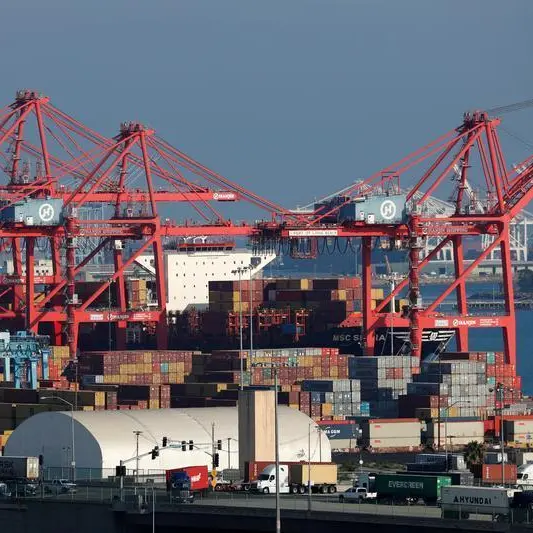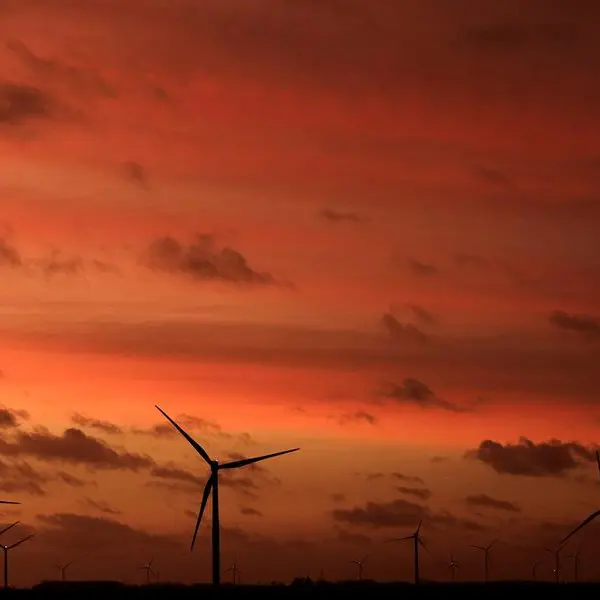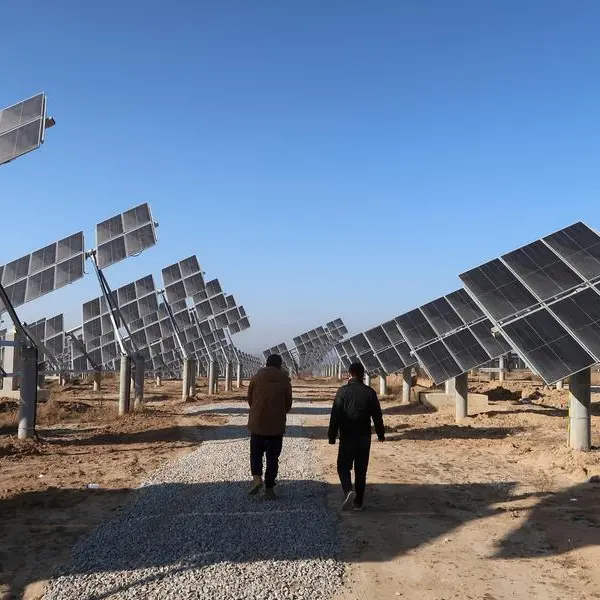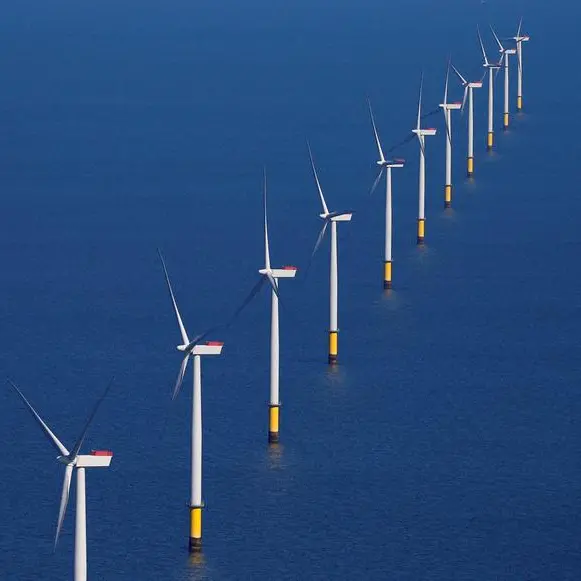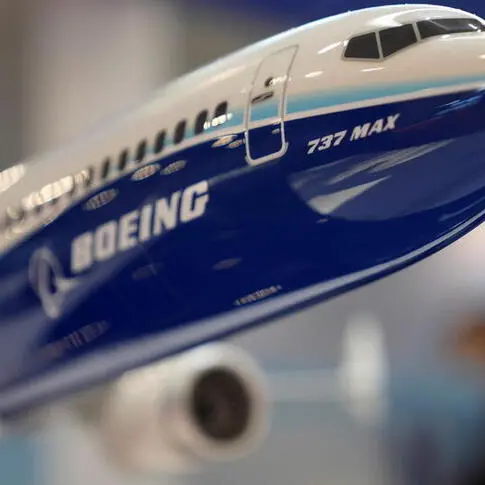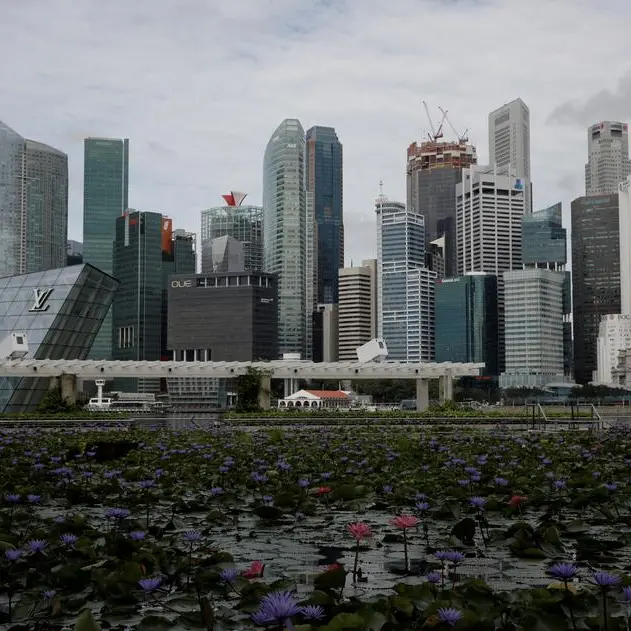PHOTO
LONDON - China's yuan is in no great position yet to absorb a sizeable chunk of global central bank reserves if other central banks were to be unnerved by the freezing of Russia's overseas assets.
And many investors doubt China could manage or even want them right now.
The yuan is still not fully convertible overseas and floating it now, while potentially attracting hundreds of billions of dollars of reserve hoards, would risk the sort of severe currency overvaluation Beijing has spent decades resisting.
China has had a long-standing objective of greater "internationalization" of the yuan - but its mantra on seeking stability would likely trump that for the foreseeable future. And after a year of hyperactive financial intervention and regulation, Beijing seems in no rush to liberalise markets.
Barely concealed official alarm this week at wild swings in Chinese stocks - jarred by new COVID lockdowns, soaring energy costs and continued financial and trade links with heavily sanctioned Russia - pushed the government to pledge more support and even flag some rowing back of its recent regulatory zeal.
In the light of all those serial shocks, an exchange rate battle may not be top of Beijing's to-do list.
And yet if the yuan were to suddenly command just 10% of the nearly $13 trillion in global central bank reserves - something many analysts expected only over a decade or so - it would have to almost quadruple its current 2.6% share.
That roughly equates to $1 trillion of extra overseas cash being parked in the currency and yuan assets - more than all foreign inflows into its stock and bonds since 2019.
Unless fully offset by China directly intervening to sell yuan and amassing even more of the hard cash reserves that other central banks were shedding, that flow could overwhelm.
As asset manager DWS noted wryly this week: "China's not bursting with energy at the moment."
And so even as people see the yuan as the only realistic counterpoint to the dollar and euro and a handful of other reserve currencies, they still see status quo persisting.
"To replace the United States as the issuer of the world's global currency, China would need to make the (yuan) renminbi fully convertible, which in turn would require much deeper liberalisation of its financial system and its economy," said Sonal Desai, Chief Investment Officer at Franklin Templeton Fixed Income.
"In recent years instead, China's policymakers have been re-tightening their control over the economy."
Morgan Stanley strategists, who prior to the Russia-Ukraine shock saw the yuan's share of reserves rising only gradually to 10% by 2030, also doubt a sudden shift in the dollar's status.
"It is not clear that the recent actions have undermined the idea of the dollar as the relatively safest global reserve asset and it may well remain the dominant global currency for some time to come, albeit at slightly lower levels than before."
'WEAPONIZING' RESERVES?
So why the doubts about the dollar's status anyway?
As part of swingeing financial sanctions against Russia, G7 and European Union governments late last month paralysed more than half the Russian central bank's $640 billion of foreign currency and gold reserves.
While countries such as Iran, Venezuela and - most recently - Afghanistan faced similar sanctions in recent years, economic powers have never frozen the reserves of another sitting member of the G20 and Bank for International Settlements.
Currency managers have since been abuzz about what some call a "weaponizing" of central bank reserves could mean for the near $13 trillion parked in deposits and government bills and bonds of the main reserve currencies.
The question is whether some countries not closely allied to the G7 might fear their holdings in western markets would be less safe in the event of some future clash.
The dollar and euro account for almost 80% of these world reserve holdings, while sterling and yen make up another 10%.
China is by far the biggest reserve holder itself, with a $3.4 trillion stash - a sign that China still doesn't consider its domestic economy and financial system strong enough to soak up unfettered overseas capital without major distortion.
Before the Russian freeze, it, Brazil, India and China plus Saudi Arabia accounted for more than 40% of the world reserves.
Gaming the possible fallout, investors have considered everything from rapid reserve diversification to big sales of U.S. Treasuries or German Bunds, shifts toward hoarding metals and commodities or even halting reserve stockpiling altogether.
But the chance that China's yuan will take up the mantle dominates many investor calls, with reports this week that Saudi Arabia wanted to price some of the crude oil it sells to China in yuan rather than dollars adding to the mix.
If the pandemic and Ukraine war now lead to a more polarised world of two different economic and political blocs, where China becomes an alternative anchor, some suggest reserve managers may eventually just have to follow suit to balance the risks.
But whatever the timeframe, it assumes China takes sides with Russia and actively shuns a dollar trading system.
DWS reckons this week's market volatility illustrates how China has its own problems to resolve and knows it still relies massively on big western markets for badly needed growth.
"We think this scenario is implausible, or at least extremely premature," it said. "China is likely to do everything in its power to maintain a neutral position externally."
The author is editor-at-large for finance and markets at Reuters News. Any views expressed here are his own
(by Mike Dolan, Twitter: @reutersMikeD. Charts by Andrew Galbraith and Marc Jones Editing by Catherine Evans)
